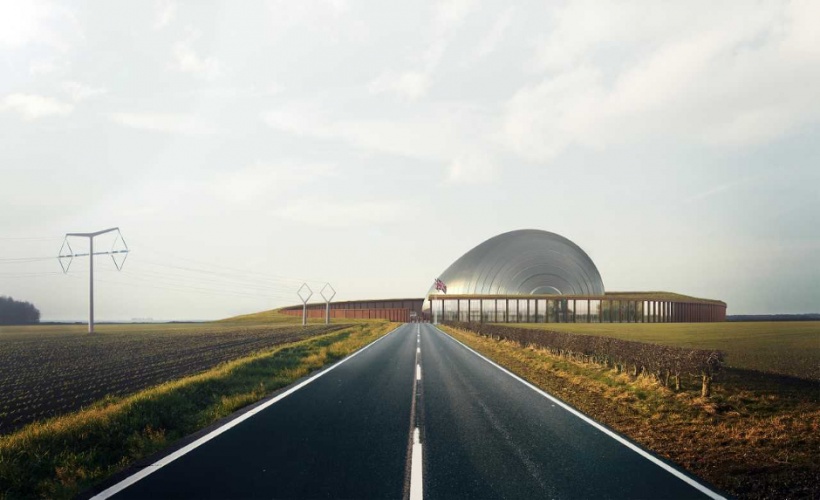UKRI commits £18m to small modular reactor consortium
UK Research and Innovation is to provide an initial £18m in match funding to a consortium of companies designing a new type of nuclear power station in the UK.

The joint investment from UKRI will be matched by the firms who have been working on the preliminary design for a standardised small modular reactor.
The power station is a compact design with components manufactured in sections before being transported to existing nuclear sites for assembly inside a weatherproof canopy, which cuts costs associated with weather disruptions. This method is also expected to lead to savings by using streamlined and standardised manufacturing processes for its components.
UK targets £250bn export market following SMR investment
Leading Rolls-Royce technology efforts: polishing the jewel in the crown
According to consortium lead Rolls-Royce, a fleet of 16 small modular reactors in place by 2050 could create 40,000 jobs, add £52bn to the UK economy, and have an export value of £250bn.
In a statement, Paul Stein, chief technology officer for Rolls-Royce, said: “Tackling climate change requires collaboration across industries and governments to find effective, affordable and sustainable ways of achieving net zero by 2050.
Register now to continue reading
Thanks for visiting The Engineer. You’ve now reached your monthly limit of news stories. Register for free to unlock unlimited access to all of our news coverage, as well as premium content including opinion, in-depth features and special reports.
Benefits of registering
-
In-depth insights and coverage of key emerging trends
-
Unrestricted access to special reports throughout the year
-
Daily technology news delivered straight to your inbox










CCC Report Finds UK Climate Targets Still Within Reach
In 1990 67% of the UK´s electricity came from coal-fired power stations and even without renewables the transition to gas was a major contributor to...